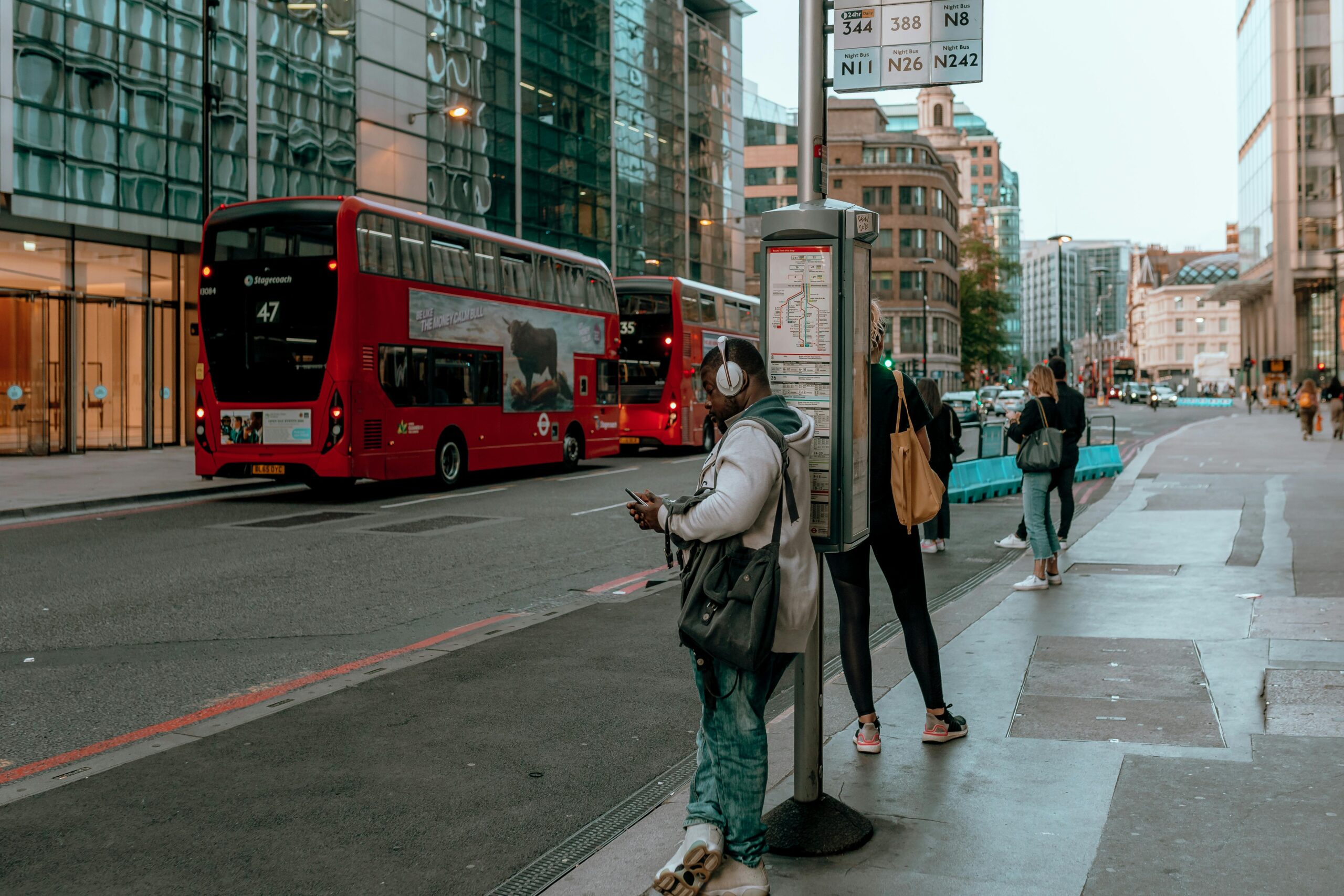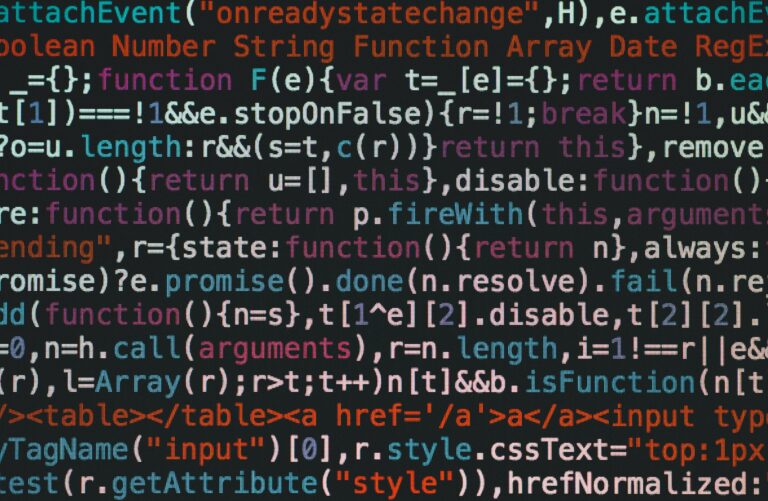Riding The Bus Won’t Save The Planet

A new study from Oxford Academy titled “Climate action literacy interventions increase commitments to more effective mitigation behaviors,” says people focus on their personal actions. That is a mistake the authors report. “However, interventions focusing exclusively on individual-level behaviors run the risk of reducing willingness to engage in collective climate actions, such as voting or attending climate marches.”
People who take actions like eating less meat, avoiding long flights, and turning off lightbulbs contribute very little to a reduction in greenhouse gas emissions. But people are not educated enough about these contributions to know which works well and which don’t. That is why education on these issues is such an urgent problem.
Longest Term
Education can come in several forms. One that the writer uses is an app that tracks the carbon footprint of the person who uses it. However, they point out, most people take the paths of least resistance. For example, they won’t put solar panels on their homes because it is expensive. People who decide to take public transportation often find it adds to the time it takes to make trips. On the other hand, voting is not only convenient. It is potentially powerful.
Which behavior changes are most effective? Those that last. The authors concluded by saying that policies that drive climate-friendly habits over the long term are most effective.
More from Electricity Wars
- Musk’s Problem: Cheaper Cars, Expensive Electricity
- U.S. May Build Too Much Nuclear Power
- U.S. Electricity Use Falls Behind Canada
- Elon Musk Changes The EV World






